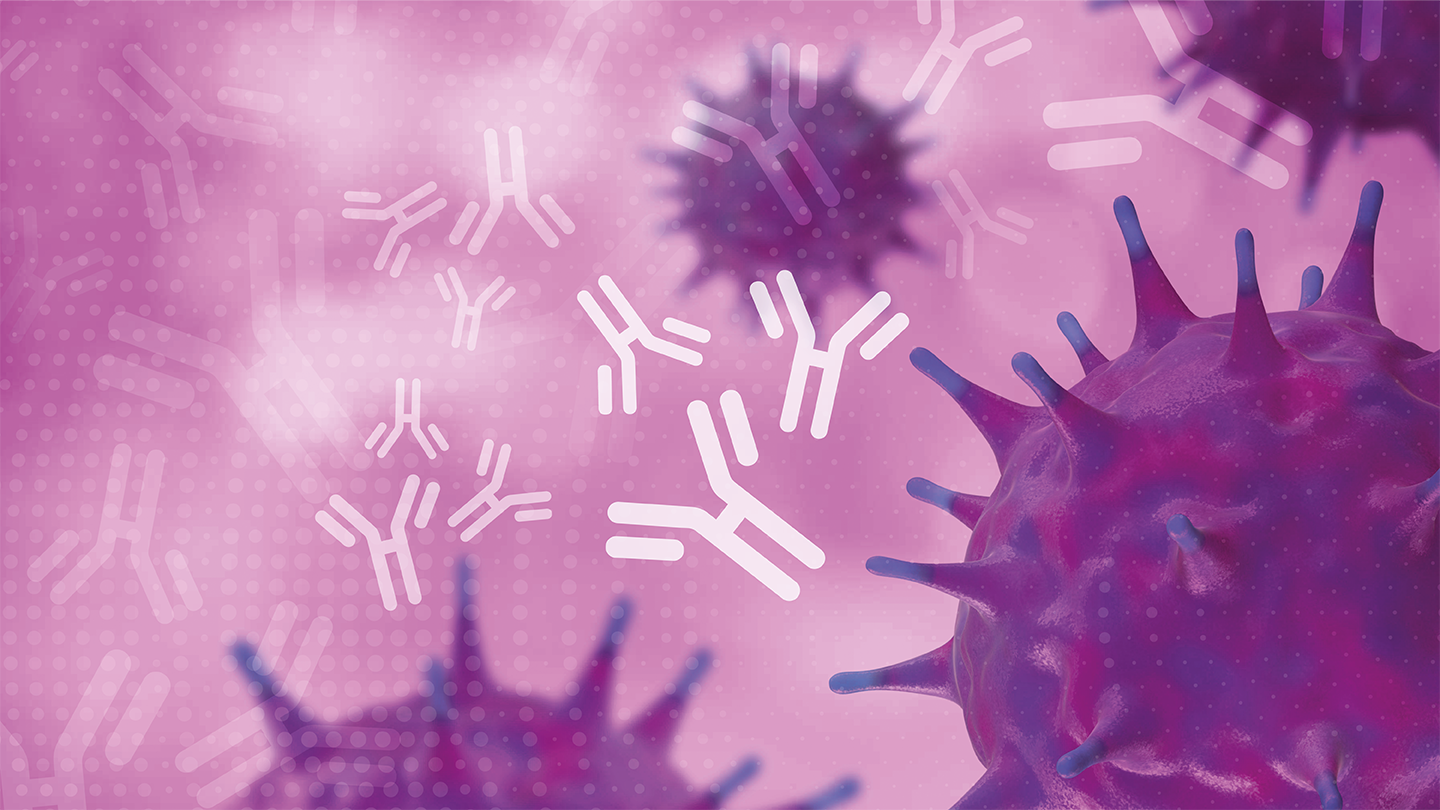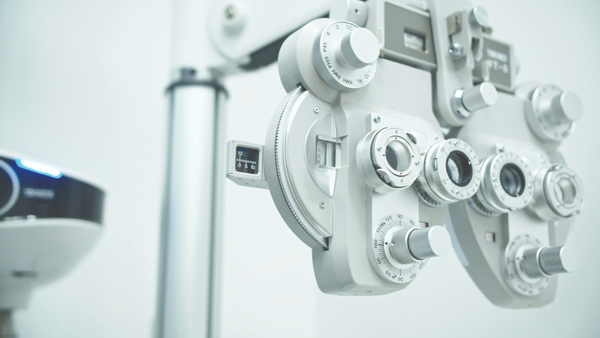Metagenomics in Meningitis Diagnosis
Seven-year evaluation of metagenomic next-generation sequencing (mNGS) testing for CNS infections shows promising diagnostic accuracy
The diagnostic workup for meningitis and encephalitis typically requires a combination of culture-based, serologic, and nucleic acid amplification testing – all of which takes precious time. And in some cases, the cause of the infection is never uncovered.
Metagenomic next-generation sequencing (mNGS) has emerged as an all-in-one approach to infectious disease diagnosis, enabling non-targeted detection of a range of microorganisms. mNGS can be particularly useful for CNS infections – where the differential diagnosis can be broad – allowing bacteria, viruses, fungi, and parasites to be identified in a single sample of cerebrospinal fluid (CSF)
A seven-year study by the University of California, San Francisco (UCSF), has assessed the diagnostic performance of mNGS for CNS infections based on 4,828 CSF samples tested between June 2016 and April 2023. The mNGS method identified pathogens across diverse categories (45.5 percent DNA viruses, 26.4 percent RNA viruses, 16.6 percent bacteria, 8.5 percent fungi, and 2.9 percent parasites), while demonstrating a sensitivity of 63.1 percent and specificity of 99.6 percent, with a 92.9 percent diagnostic accuracy.
In a subset of 1,164 samples, mNGS provided the sole identification method for 48 (21.8 percent) out of 220 infections, underscoring its capacity for uncovering pathogens undetected by conventional tests.
The researchers noted that mNGS offered diagnostic advantages over traditional testing, especially in cases of rare or unexpected pathogens.
The authors conclude, “Taken together, our results indicate that mNGS testing should be viewed as a complementary yet essential part of the workup for patients with diagnostically challenging CNS infections. Further studies on the clinical impact and cost-effectiveness of mNGS testing will help to define the indications and optimal timing for the assay.”






